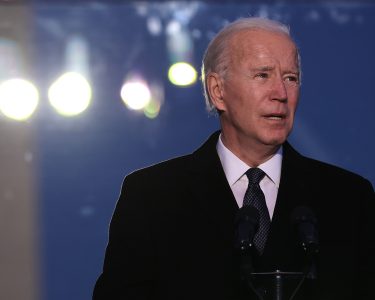America’s infrastructure has been a subject of debate and concern for many years. With aging roads, bridges, and public transportation systems, many have called for increased investment in infrastructure to improve safety, boost economic growth, and address climate change. In this article, we will explore the current state of America’s infrastructure and the prospects for the future.
The American Society of Civil Engineers (ASCE) gives America’s infrastructure a grade of C- in its most recent report card. This grade reflects the aging and deteriorating state of much of the country’s infrastructure, as well as the significant investment that is needed to improve it. The ASCE estimates that the United States needs to invest $4.5 trillion by 2025 to bring its infrastructure up to a state of good repair.
One of the most pressing infrastructure challenges facing the United States is transportation. The country’s roads, bridges, and public transportation systems are aging and in need of repair. Traffic congestion is a major issue in many cities, with commuters spending hours stuck in traffic each day. The American Society of Civil Engineers estimates that the United States needs to invest $2 trillion in transportation infrastructure by 2025 to address these issues.
Another major infrastructure challenge facing the United States is the need to address the impacts of climate change. Infrastructure is a critical component of efforts to mitigate and adapt to climate change. In particular, there is a need to invest in infrastructure that can withstand extreme weather events, such as hurricanes and floods. This will require significant investment in infrastructure resiliency and adaptation.
There is also a need to invest in renewable energy infrastructure as part of efforts to transition to a low-carbon economy. The United States has made progress in recent years in increasing its use of renewable energy sources, but more investment is needed to accelerate this transition. The Biden administration has proposed a $2 trillion infrastructure plan that includes significant investment in renewable energy infrastructure, such as electric vehicle charging stations and upgrades to the power grid.
In addition to transportation and climate change, there are a number of other infrastructure challenges facing the United States. These include the need to improve access to broadband internet in rural areas, upgrade water and wastewater systems, and address the backlog of repairs needed in public buildings and facilities.
The prospects for the future of America’s infrastructure depend largely on political will and funding. There is bipartisan support for increased investment in infrastructure, but disagreement over the details of how to fund and prioritize these investments. The Biden administration’s infrastructure plan has been met with criticism from Republicans, who argue that it is too expensive and includes too many non-infrastructure-related items.
Despite these challenges, there are reasons for optimism about the future of America’s infrastructure. The COVID-19 pandemic has underscored the critical role that infrastructure plays in supporting economic activity and public health. Increased public awareness of the need for infrastructure investment could create momentum for action. In addition, advances in technology and construction methods could make infrastructure investment more cost-effective and efficient.
In conclusion, America’s infrastructure faces significant challenges, from aging transportation systems to the impacts of climate change. Addressing these challenges will require significant investment and political will. However, with bipartisan support for increased infrastructure investment and the recognition of infrastructure’s critical role in supporting economic growth and public health, there are reasons for optimism about the future of America’s infrastructure.




